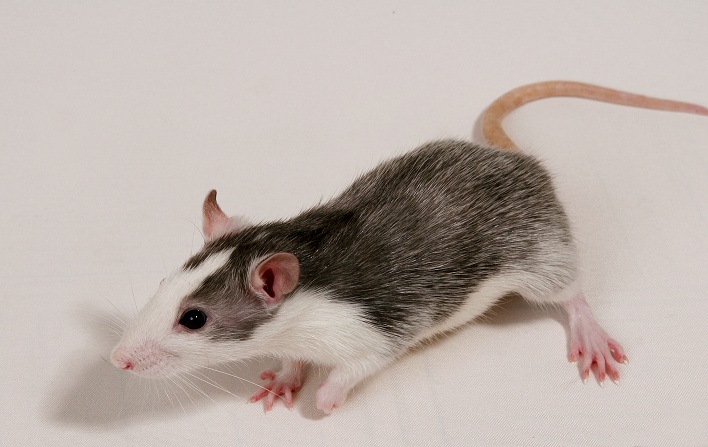“The difference between false memories and true ones is the same as for jewels: it is always the false ones that look the most real, the most brilliant.” – Salvador Dali
My dad used to always say, “It’s never too late to have a happy childhood.”
And as I write this, I can just hear all of the reactions: “But, but, you don’t understand! My childhood really was horrible! They didn’t love me/care for me/protect me!”
Yeah, maybe.
There’s some interesting research that’s been done regarding memory over the past several years. What the research shows is that our memories have little to do with actual events. In fact, in a study called Neural Evidence That Vivid Imagining Can Lead to False Remembering it was proven that “feeling certain” about a memory wasn’t related to whether it was factual or not.
Want more evidence? Neuroscientists can track our brain activity as it “reconstructs” memories after the fact based on events that happen long after the event. Studies clearly show that memories are colored and distorted by our beliefs.
Bottom Line: You can be pretty certain that most everything you remember is not true.
I bring this up, not because I want to rip your history away from you. (Okay, well, maybe I do want to rip it from you if that “history” is preventing you from experiencing the life you desire!) But I think knowing about this research is valuable because it can give us some insight into our limiting decisions from the past — and shake them up a little and make them less solid.
For example, what if you had a “clear memory” of being embarrassed in gym class? You can see that big ugly 2nd grade PE teacher screaming at you to climb the 150 foot rope that goes to the ceiling. You step up to the rope having no idea what to do. You put your hands on it and try to pull yourself up – but you can’t. The entire class laughs and points at you and you feel totally humiliated (this is actually a vivid “memory” that a friend of mine had). What kind of limiting decisions do you think you would create? What would you start to believe about your physical abilities? Trying something new in public? The unkindness of people in general and maybe gym teachers in particular?!
Can you see what our false memories could do to us? And can you see how our ability to create false memories could actually be used this to make life better? Let’s play with it through a couple of exercises:
1) What if the memories you have are really just a fictional novel you wrote? You made the whole thing up. What are the themes in this novel? What part did the hero (you) play? What did he/she learn? Love? Hate? Based on what’s happened in that novel so far, what will be the obvious conclusion?
Now, what if you decided to re-write that novel? The circumstances and incidents are similar but the interpretation is completely different. If the theme was that “nothing ever works out,” you re-write it so the theme shows that “everything works out perfectly.” If the hero “was never given a lucky break,” now the hero recognizes that “every seemingly unlucky break was the path to something greater.”
2) Recall an unpleasant memory. Now assume that you got it all wrong (because you probably did!). What might be a totally new and different perspective on that memory? How can you see it differently? How does that feel? What different conclusions might you draw from this new interpretation?
3) Take another specific memory, one that is painful. Now rather than remembering it as a tragedy or drama, replay it in your mind as a comedy. What could you add to that memory to make it funny? (For my friend’s gym memory, she re-played it as a circus scene. Everyone was in clown suits and her mission was to make people laugh – so she did!) What different conclusions might you draw from this new scene?
The memories you have, conscious or unconscious, are just stories you tell yourself. As the research shows, we can’t rely on these stories to be accurate or factual. The question is: Does it really make sense to base your life on negative “memories” and their resulting limiting decisions?
I don’t think so either. That’s why I teach my students how to do Mental Emotional Release® Therapy. It assists people in releasing their negative emotions and limiting decisions from the past. Click here to learn more about the effectiveness of MER®
Mahalo!
Dr. Matt




